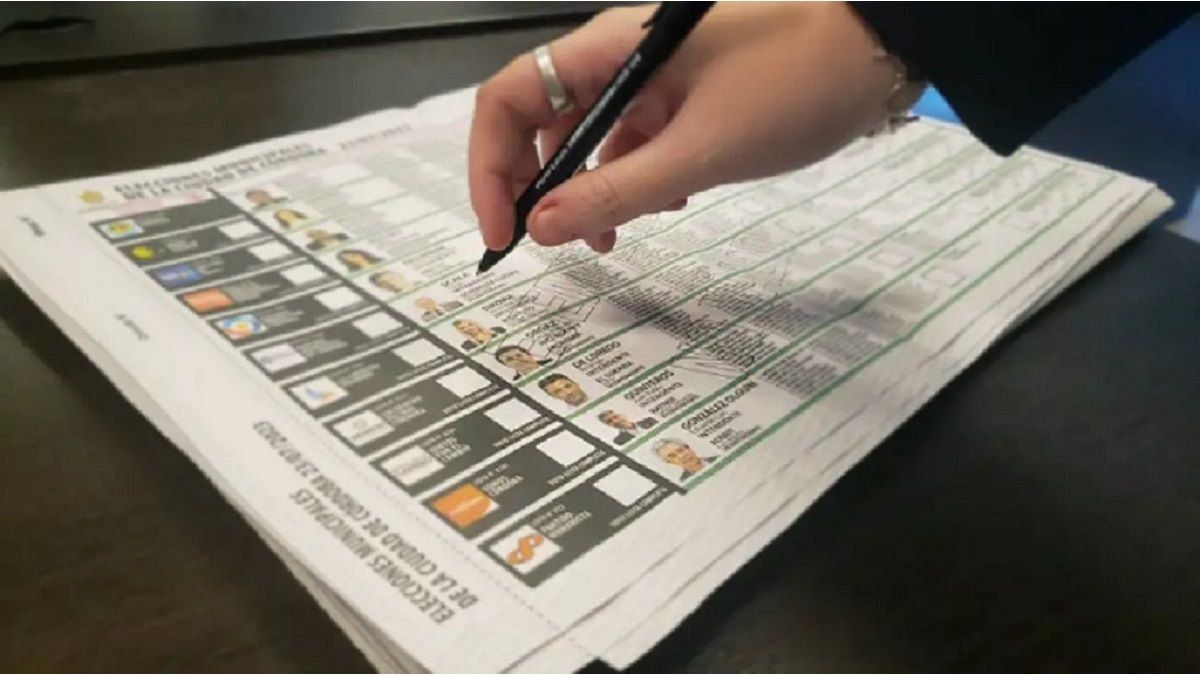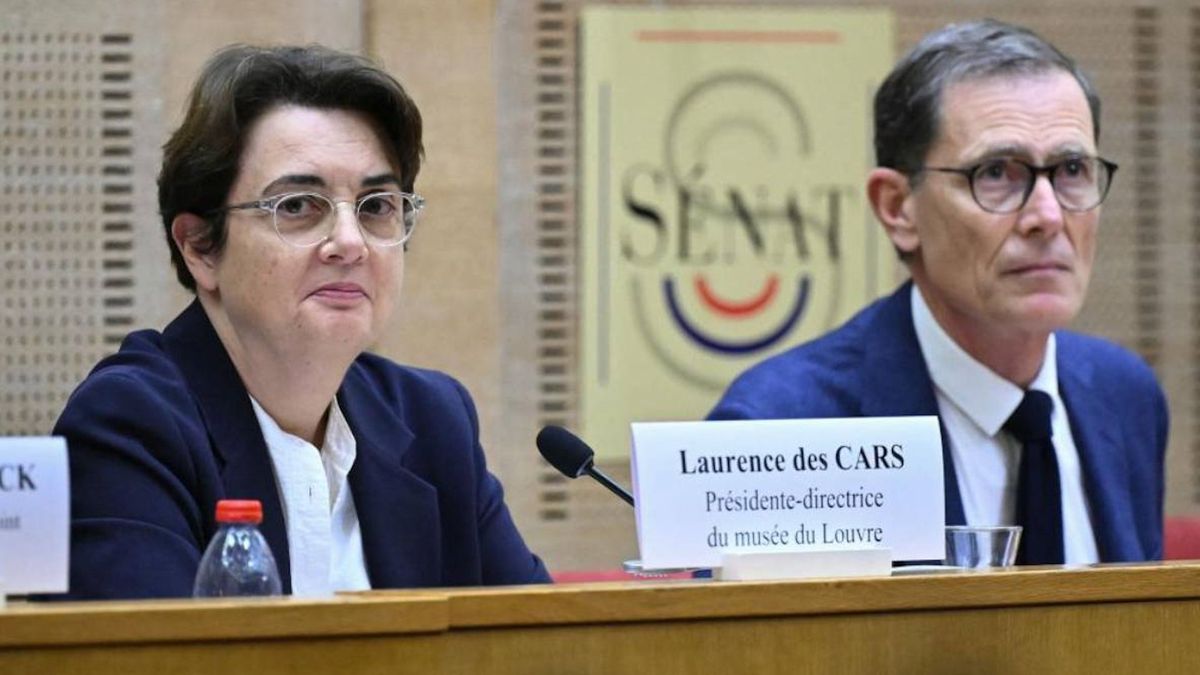Almost four million people have already fled Ukraine. The EU interior ministers now want to discuss how to deal with the refugees. Germany and Poland are making an appeal to the Commission.
In view of the huge flow of refugees from Ukraine, the European Union is threatened with a new dispute over the distribution of those seeking protection.
The interior ministers of the 27 EU countries are discussing the joint approach in Brussels today. Germany and Poland had previously addressed the EU Commission with an urgent appeal for help. Federal Interior Minister Nancy Faeser is pushing for quotas for the distribution of refugees within Europe. However, EU Interior Commissioner Ylva Johansson had already rejected such demands.
According to the UN, more than 3.8 million of the more than 44 million Ukrainians have left the country since the start of the Russian war against Ukraine. More than 2 million arrived in Poland alone, according to the Interior Ministry around 267,000 refugees were registered in Germany.
Faeser: Capacity will not be sufficient
“It’s safe to say that our countries are now making most of the efforts to take in people from Ukraine and offer them protection,” said Faeser and her Polish colleague Mariusz Kaminski to the European Commission in a letter. The letter from Friday is available to the dpa. “It is clear that our resources and capacity will not be sufficient to cope with the growing influx of people.” The meeting is the second emergency meeting of interior ministers called at short notice since the start of the Russian war against Ukraine on February 24.
Faeser told the “Rheinische Post” that she was relying on “strong management, pragmatic solutions and comprehensive support for Ukraine’s neighboring countries, which were particularly under pressure”. “The EU Commission will have to play a central role here,” demanded the SPD politician. A “historical alliance” was reached and unbureaucratic, quick protection of refugees was ensured in all EU countries. “Now the second step must follow: fair distribution throughout the EU,” emphasized Faeser.
Refugees should be better distributed
At the beginning of March, the EU states decided to offer all Ukrainians protection quickly and unbureaucratically. However, the large number of refugees poses challenges for the international community. Fast solutions at European level are urgently needed, write Faeser and Kaminski. Cooperation must be expanded to bring the refugees to those EU countries that are willing to take them in. The solidarity platform set up by the EU Commission should help with the organization. Refugees without a specific destination would have to be informed about countries with free capacities.
Faeser and Kaminski call on all EU states to take in the people. The discussion about a mandatory distribution of refugees had already deeply divided the EU states after the great refugee movement of 2015/2016. A reform of the common asylum and migration policy has been blocked for years.
Flexible financing options required
With a view to the costs of accommodating and caring for the refugees, the letter says: “Our financial needs already amount to several billion euros and additional support is required immediately.” The EU Commission must work on simple and flexible financing options that cover at least part of the costs. This could be a lump sum of 1,000 euros per refugee for the first six months. According to estimates, the costs for the Polish state amounted to at least 2.2 billion euros for this period.
Today, among other things, that is exactly what it is about. On the agenda is the question of how those EU states that take in refugees can be given financial and material support. The onward journey of the refugees after their arrival in an EU country should also be coordinated. In addition, support for the small country of Moldova, where many refugees have already arrived, as well as controls at the EU’s external borders and security issues.
Source: Stern
David William is a talented author who has made a name for himself in the world of writing. He is a professional author who writes on a wide range of topics, from general interest to opinion news. David is currently working as a writer at 24 hours worlds where he brings his unique perspective and in-depth research to his articles, making them both informative and engaging.




